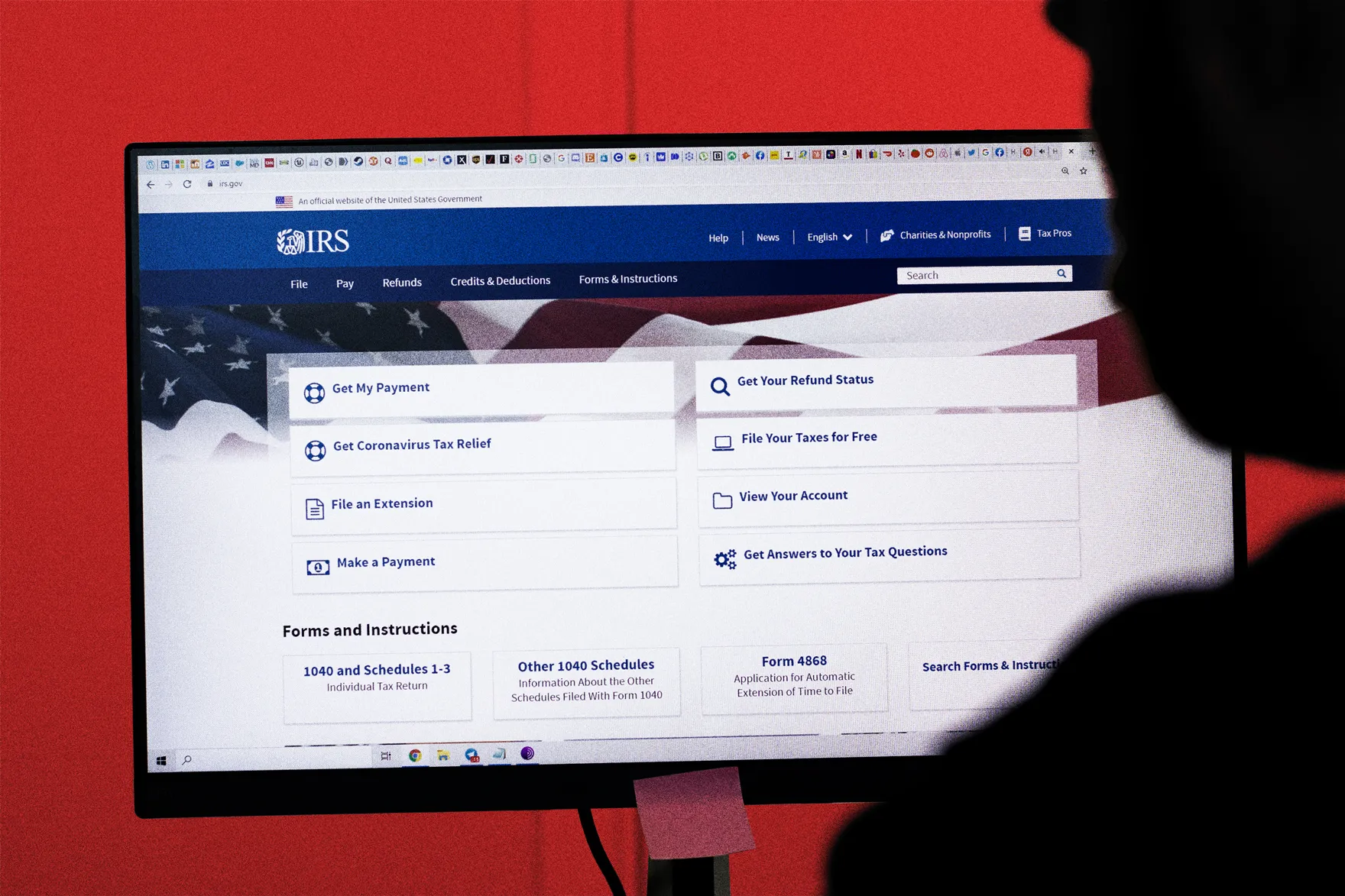What Went Wrong With the IRS’s Free Direct File Program?

The IRS’s Direct File program was introduced as a solution to the high costs associated with tax preparation for U.S. taxpayers. Launched as a pilot during the 2024 filing season and later made permanent by the Biden administration, Direct File aimed to provide a free alternative to traditional tax prep services. Unlike the Free File initiative, which involves partnerships with tax preparation companies, Direct File is operated in-house by the IRS and was available to eligible taxpayers in 25 states.
However, recent reports suggest that the future of Direct File is uncertain. FedScoop and the Associated Press have reported that the Trump administration plans to eliminate the program, citing it as government waste. This news has sparked backlash from senators like Elizabeth Warren, who have spoken out against the potential elimination of Direct File.
Despite the rumors, the Trump administration has remained silent on the future of Direct File. A statement from Treasury officials to Tax Notes revealed that the program is considered a “failed program” costing taxpayers tens of millions of dollars annually. The decision on the fate of Direct File has yet to be finalized.
Critics of the program point to its low participation rates and limited functionality as key shortcomings. Only 141,000 taxpayers utilized Direct File in 2024 out of nearly 19 million eligible individuals, leading to questions about the program’s effectiveness and cost efficiency. Former IRS Commissioner Mark Everson believes that the program may not continue due to these concerns and the shifting political landscape in Washington.
The debate over Direct File reflects broader conservative efforts to reduce government spending and reverse Biden-era initiatives. The Trump administration’s focus on cutting costs at the IRS has raised doubts about the future of programs like Direct File. While the Biden administration had plans to expand Direct File to include more taxpayers and additional filing options, the program’s current limitations have hindered its uptake.
As the fate of Direct File hangs in the balance, it remains to be seen whether the program will continue to provide a free tax preparation solution for U.S. taxpayers. The ongoing debate underscores the challenges of balancing government resources and taxpayer needs in the ever-evolving landscape of tax policy. There is ongoing debate about the best way to expand free tax filing options for Americans. Some experts believe that the government should focus on improving the existing Free File program, rather than introducing new initiatives like Direct File. According to one expert, the low usage of Direct File is a clear indication that there is room for improvement in the current system.
Aravind Boddupalli, a senior research associate at the Tax Policy Center, acknowledges that Direct File has potential but needs enhancements to make it more user-friendly and accessible. He points out that any new government service will face challenges in gaining traction, especially when it involves personal and financial information.
Despite its initial shortcomings, Direct File has the backing of many Americans who are interested in a free tax filing option. Survey data from the Tax Policy Center shows that a majority of taxpayers would consider using Direct File if it were available to them. However, limited government promotion of the program and opposition from tax preparation companies have hindered its success.
Critics argue that Direct File is a drain on IRS resources and could impact the profitability of private tax preparation services. Companies like Intuit and H&R Block have lobbied against the program, claiming it is unnecessary and could disrupt the industry. Boddupalli counters this argument by emphasizing the importance of providing a free tax filing option to taxpayers.
While the future of Direct File remains uncertain, Boddupalli believes that it should be a priority for the government to improve and promote the program. He notes that interest in retaining Direct File is low among those in power, but he remains hopeful that it can become a valuable tool for addressing the high cost of tax preparation services.
In conclusion, the debate over the best way to expand free tax filing options continues. While Direct File has the potential to help millions of Americans save money on tax preparation, it will require significant improvements and support from the government to succeed. Only time will tell if Direct File becomes a permanent solution for taxpayers seeking affordable and accessible tax filing services.





